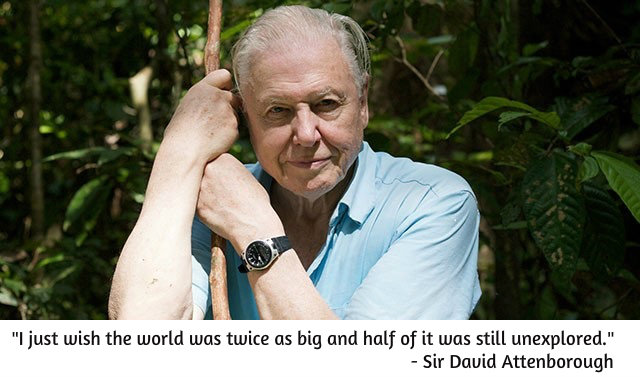Dear Readers,
Today is World Animal Day.Over the past century, a number of animal species have gone extinct or are on the verge of extinction. The reason in most cases is human activity that results in deforestation and other ways in which man disturbs the natural equilibrium of ecosystem.
We humans need to remember that we are also part of the ecosystem and not above it. We are all part of the same family that is Mother Nature and have a specific role to play to ensure that a healthy balance is maintained.
Let us take a pledge to remember our roots and treat our animal brethren with the respect and compassion that they richly deserve.
“All life deserves respect, dignity, and compassion. All life”
- A.D. Williams.
Click here to read all my Nature related posts.
Image Source: Themetapicture.com
You might also like:
 |
| Save the Mountain Gorillas |
 |
| Attenborough's Life Stories |



































